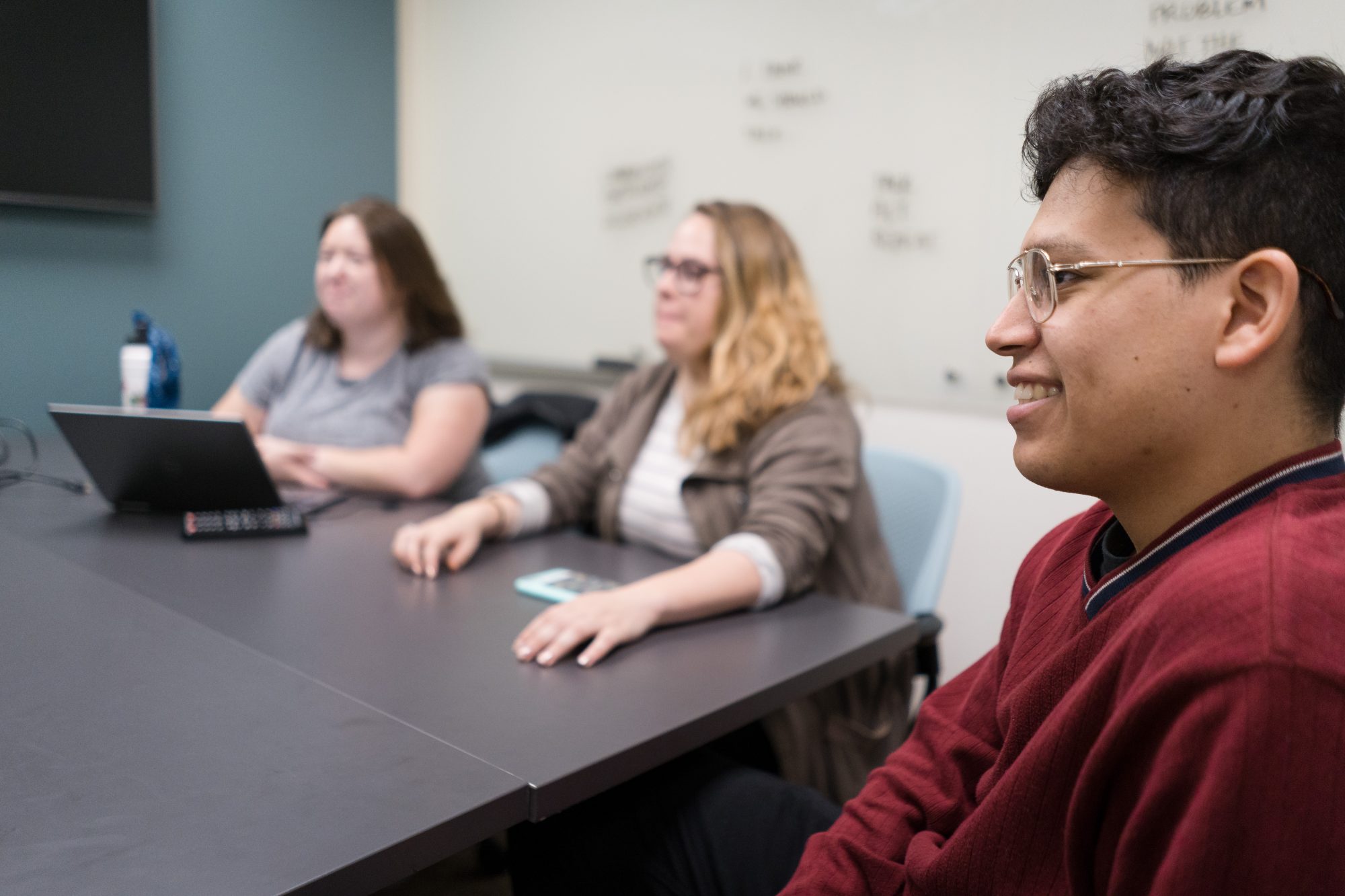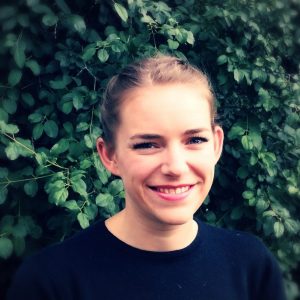
Contemporary public discourse is often described as an echo chamber rather than a conversation. The public sphere feels like a space where endless voices clash in an unintelligible cacophony. Everyone is talking at once and no one is interested in listening. Many Americans forget that communication is not a one-way process, that expressing and listening, are both vital elements of the process we use to make sense of the world around us.
Since its founding in 2006, the Center for Public Deliberation (CPD) has been working to cut through that noise and encourage civil engagement with contentious issues. Housed within the Department of Communication Studies, encouraging a range of stakeholders to engage in decision-making processes and amplifying their voices as they do, lies at the heart of the CPD's mission.
The CPD invites local community members to participate in conversations about their needs and values in relation to complex issues or “wicked problems” like land use, allocation of funds, and housing initiatives.
The process of public deliberation is meant to highlight the range of values and tensions affecting an issue so that stakeholders can better understand each other and the problem at hand. The CPD identifies three pillars of effective public deliberation: open spaces for citizens to come together, good and fair information to help structure the process, and skilled facilitators to guide the process. For over 17 years, the center has been building partnerships and training students to ensure effective sites for constructive conversations not only at CSU or in Fort Collins, but across Northern Colorado.
As associate director of CSU’s Center for Public Deliberation, associate professor Katie Knobloch’s work involves the design of community engagement programs and how they impact public participation and deliberative democracy.

What is voice?
KK: Voice is the ability for individuals and communities to express their needs, goals, and values to one another and to folks with decision making power.
How should voice function in democracy? Does it? Why or why not?
KK: In our democracy, our systems should be designed to elevate public voice and create opportunities for folks to express their needs and goals to one another, learn together across difference, and work together to create a shared future that is inclusive of diverse perspectives. Unfortunately, many of our current institutions center the voices of those who already hold power. Our media systems and our political systems are largely designed so that people with power can communicate to the public rather than allowing the public the chance to express their own voices and engage in informed and respectful conversation with one another.
What are the possibilities for voice in democracy?
KK: Across the globe, deliberative democracy has been adopted as a way to better center the voice of the public in democratic life. Over the past few decades, government officials, non-profit organizations, and scholars have worked together to theorize, implement, and analyze civic interventions that bring people together across difference to learn about complex problems and offer recommended solutions. Studies show that participation in these programs can increase the public’s faith in one another and in their government and lead to more informed decision making.
At the Center for Public Deliberation, we work directly with communities to build these structures from the ground up. Through our public programming and coursework, we collaborate with local partners, such as the City of Fort Collins, the Poudre School District, and the Office of Engagement and Extension to create opportunities for community members to connect with one another, learn from each other, and collectively shape their shared future. Programs like these can boost the public’s power and open new pathways for collective governance by better centering the public’s voice in the decisions that impact them.
Programs like [the Center for Public Deliberation] can boost the public’s power and open new pathways for collective governance by better centering the public’s voice in the decisions that impact them."
How does education—in particular communication education—foster and/or limit voice in democracy?
KK: Much of our work focuses on helping community members develop the skills necessary for civic life, and communication education plays a significant role in our community efforts. We frequently work with community members to help them develop skills for engaging in meaningful and respectful conversations and creating inclusive engagement opportunities. From high school students to government officials, our work aims to help community members develop the skills and capacity for community empowerment and collective decision making. CSU students play a central role in this work. Through our Student Associate program, we train undergraduate and graduate students to facilitate conversations across differences. Those students then act as a resource for our wider community, leading conversations at community events and training others in the skills they’ve developed.
The Center for Public Deliberation at Colorado State University plays a significant role in fostering inclusive and empowering spaces for public voice and deliberation. Through community partnerships and training programs, the CPD works to mitigate unproductive polarization by bringing people together to engage in respectful dialogue and collective decision-making. By elevating public voice and providing different forms of engagement, the CPD contributes to a more vibrant and participatory democracy. Communication education is key to this mission, as the CPD helps community members and students develop meaningful civic participation.
